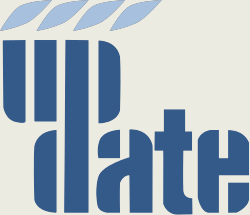Speakers & Performers 2023
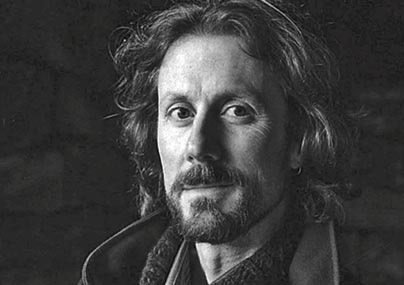
Paul Kingsnorth
Paul (b.1972) is an English writer who lives in the west of Ireland. His nonfiction works address macro-themes (environmentalism, globalisation, and the challenges posed by civilisation-level trends) and his fiction tends to be mythological and multilayered. He edited Cherwell at Oxford University (where he studied modern history). He has contributed to The Guardian, The Independent, The Daily Telegraph, Daily Express, Le Monde, New Statesman, London Review of Books, Granta, The Ecologist, New Internationalist, The Big Issue, Adbusters, BBC Radio 4, BBC Radio 2, BBC Four, ITV, and Resonance FM. His frst collection of poetry, Kidland and other poems, appeared in 2011 and Songs From The Blue River followed in 2018 (both published by Salmon). His frst novel, The Wake, (Unbound, 2014) was longlisted for the Man Booker Prize and the Folio Prize, shortlisted for the Goldsmiths Prize, and won the Gordon Burn Prize. His second novel, Beast, (2016, Faber & Faber) was shortlisted for the Encore Award for the Best Second Novel in 2017, and his third novel, Alexandria, was published by Faber & Faber, 2021.
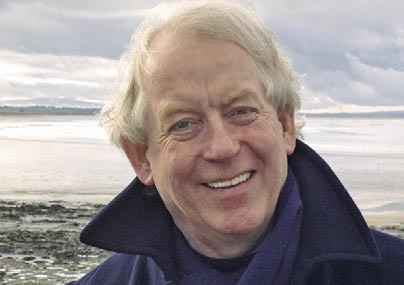
Professor Luke Gibbons
Luke, from Keadue, Co. Roscommon, has taught as Professor of Irish Studies at Maynooth University, Ireland, and at the University of Notre Dame, USA. His new book, James Joyce and the Irish Revolution: The Easter Rising as Modern Event (University of Chicago Press, 2023), was published in May. He has written widely on Irish culture and criticism and other recent publications include Joyce’s Ghosts: Ireland, Modernism and Memory (University of Chicago Press, 2015); (co-editor) Charles O’Conor: Life and Works (Dublin: Four Courts Press, 2015); and Limits of the Visible: Representing the Irish Great Famine (Quinnipiac University/Cork University Press, 2013). His ‘Roscommon in Literature, 1600–2000’ was published in Roscommon; History and Society (Geography Publications, 2018), and he gave the inaugural John McGahern Lecture at the Iron Mountain Festival, Carrick-on-Shannon, 2019.
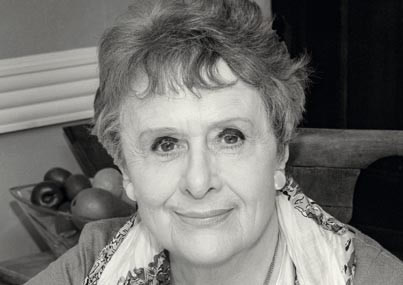
Mary Kenny
Mary is an experienced journalist, author, and broadcaster working in England and Ireland. She has written for over 30 newspapers and magazines. Her books include Germany Calling, a biography of William Joyce, ‘Lord Haw-Haw’; Crown and Shamrock: Love and Hate between Ireland and the British Monarchy (used as an information template for Queen Elizabeth II’s visit to the Irish Republic in 2011); Goodbye to Catholic Ireland, a social history of Ireland over the life time of her parents; and The Way We Were. Catholic Ireland since 1922 (2022). Her play about Winston Churchill’s private meeting with Michael Collins in 1921, Allegiance, was performed at Edinburgh (2016). Her talks have included: Churchill and Ireland (Imperial War Museum, London); Ireland and the Abdication of Edward VIII (Royal Dublin Society); What Yeats Means to Me (National Library of Ireland); Catholic Ireland’s relationship to a Protestant monarchy (Catholic Central Library, Dublin), and Heritage of Irish Feminism (Microsoft Ireland).
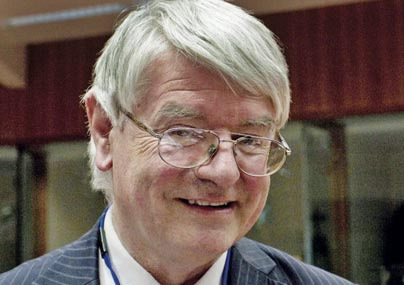
Dr Martin Mansergh
Martin is Vice-Chair of the Expert Advisory Group on Centenary Commemorations. Between 2002 and 2011, he was a Fianna Fáil Senator, then TD (Tipperary South), and from 2008 Minister of State for OPW, Finance and the Arts. He was a member of the British–Irish Parliamentary Body; the Forum for Europe; President Mary McAleese’s Council of State 2004–11; a political adviser to three Taoisigh (Haughey, Reynolds, and Ahern). He was a back-channel to the Republican Movement and contributed to the negotiation of the Downing Street Declaration and the Good Friday Agreement (a collection of his essays and addresses were published in 2003 as The Legacy of History for Making Peace in Ireland). He was co-winner of the 1994 Tipperary Peace Prize with Fr. Alec Reid CSsR and Rev. Roy Magee. He has been a columnist with the Sunday Business Post, The Irish Times, and The Irish Catholic. He received honorary doctorates from the National University of Ireland and from Trinity College Dublin, and in 2018 he was elected to membership of the Royal Irish Academy, where he was a Council member 2019–23. He was awarded a D. Phil from Christ Church, Oxford.
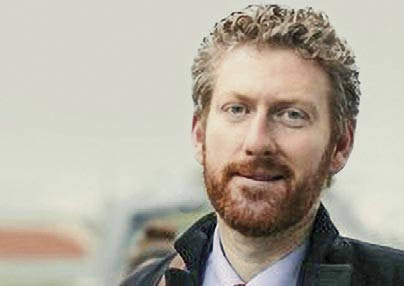
Dr Alexander O'Hara
Alexander, a graduate of University of St Andrews and Oxford University, is Research Fellow in Ecclesiastical History and Historical Theology of the Early Irish Church at Trinity College, Dublin. He has held Research Fellowships at the Austrian Academy of Sciences, Vienna; the University of St Andrews; and the Institute for Advanced Study, Princeton. His interests include: the inter-relationship between monastic groups and secular elites in the Early Middle Ages; the cult of the saints in the Early and High Middle Ages; medieval hagiography and its manuscript transmission; and the Irish monastic diaspora in Europe in the Middle Ages. His research project, Savage/Saint Island: Imagining Ireland and the Irish from Classical Antiquity to the Anglo-Norman Conquest explores the development of Irish ethnic identity and the perception of Ireland/the Irish up to the 13th century. His book Jonas of Bobbio and the Legacy of Columbanus: Sanctity and Community in the Seventh Century was published by OUP in 2018). He co-edited St Sunniva: Irish Queen, Norwegian Patron Saint, with Alf Tore Hommedal and Åslaug Ommundsen, (Alvheim og Eide Akademisk Forlag, Bergen, 2021).
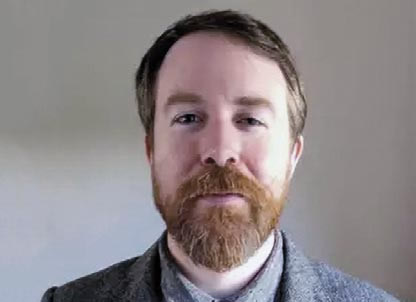
Dr Keith Begley
Keith studied Mental and Moral Science at Trinity College Dublin, and holds an MA and a PhD in Philosophy from The University of Dublin (2016). He also holds a HDip and an MSc in Computer Science from University College Dublin (2022). He has written about the philosophy of artificial intelligence; medical epistemology; philosophy of language and linguistics; computational philology; Jerrold J. Katz; Ludwig Wittgenstein; and Heraclitus. He was an Adjunct Assistant Professor, in the Department of Philosophy, Trinity College Dublin (2017–20), and was the coordinator for the inaugural year of the History, Philosophy, and Ethics of Science module for under graduate science students. He was a Demonstrator in the School of Computer Science, University College Dublin (2021–22). During 2022–23, he was an Assistant Lecturer in the Department of Philosophy, Maynooth University, teaching modules on analytic philosophy, epistemology, philosophy of the digital age; he was also a coordinator for the BSc in Computational Thinking.
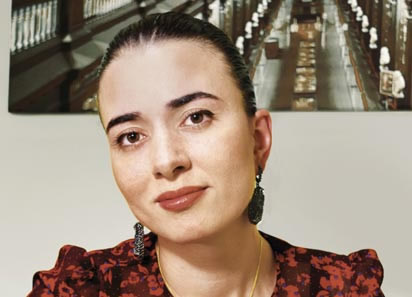
Dr Lusine Margaryan
Dr Lusine Margaryan completed Master’s degree at the Yerevan State University, Armenia, and did her PhD at the Russian State University for Humanities, Moscow. She spent two years lecturing at the Russian Armenian University (Yerevan) and moved to Ireland in 2018. During 2020–22 she was involved with comparative research into the History of Early Christianity beyond Eastern and Western Borders of Christendom. As a member of the project group Cognitive, communicative and semiotic mechanisms of the formation of historical memory, she is currently researching the formation of Armenian identity in Early Middle Ages.
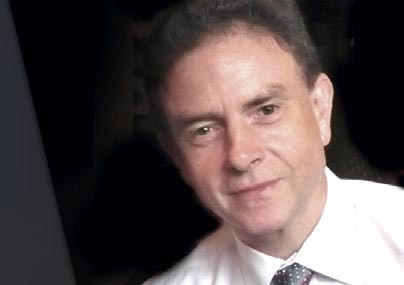
Alf Monaghan
Alf, from Carrick-on-Shannon, has been an Economic Adviser to governments and development agencies in Northern Europe, Central America, the Mediterranean, the Middle East, and South and West Africa. His time in Syria, Turkey, Lebanon, Cyprus, Jordan, and Egypt, triggered a deep interest in the origins of belief and religion. Looking at early Irish Christianity from a Mediterranean per spective, he questions established theories and traces links to ancient Egypt, connecting both Irish monasticism with the Desert Fathers and the Irish Church with the Egyptian Coptic Church. Discoveries, including the Faddan More Psalter (an Egyptian papyrus that was found within a medieval book of psalms uncovered in a Tipperary bog in 2006), point to a more substantial Eastern Mediterranean infuence than previously acknowledged.
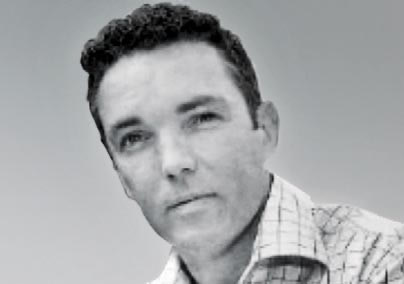
Allan Brennan
Allan has always promoted technology. He has founded a number of wireless companies and introduced the frst commercial millimetre wave spectrum in Ireland. He has developed hardware and software services as well as apps. He has held senior positions within the telecoms industry and was a director of the Irish Internet Society. Allan was awarded Fellow of the Irish Computer Society for his contribution to the Irish wireless industry.
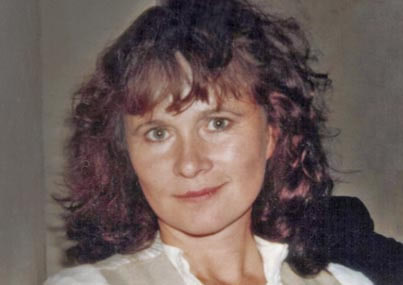
Jeananne Crowley
Jeananne achieved notable success in three arenas: as an actress – on both stage and screen – as a playwright and as a newspaper columnist. Her play Goodnight Siobhan was performed at the Royal Court Theatre, and she has been a regular contributor to British and Irish national newspapers, including The Sunday Times, The Observer, The Guardian, and The Irish Times. In 2002, she was a judge for the Irish Novelist of the Year competition. Her recent work includes Sunshine Fisherman and the Cleggan Disaster, based on the poet Richard Murphy, and the role of Constance Markievitz in Mary Kenny’s Dearest Old Darling which she performed in London, Dublin, and Clifden.
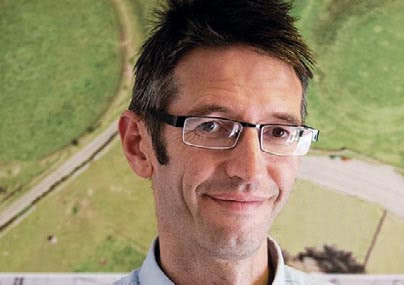
Mike McCarthy
Mike originally qualified with a BSc. (Pharm) from Trinity College Dublin and then worked in Community Pharmacy for 20 years before a love of history, folklore, and mythology took him to Rathcroghan, the Royal Site of Connacht in Co. Roscommon, where he now works as a Tour Guide, Research Assistant, and Deputy Manager of the Rathcroghan Visitor Centre. He holds a Higher Diploma in Archaeology from NUI, Galway, and has co-authored a number of publications about Rathroghan, including The Rathcroghan Archaeological Trail – Slí Seandálaíochta Ráth Cruachan and Rathcroghan – The Guidebook. Mike says of Rathcroghan: ‘[It is] exceptional in Ireland as a place where folklore and mythology meet our archaeology and history’.
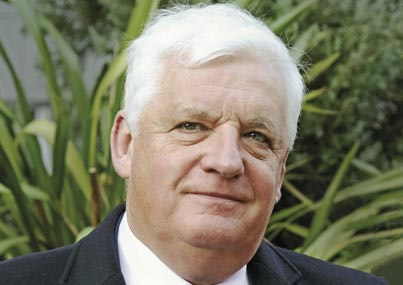
Brendan Kilty SC
Brendan, a Joycean scholar, saved from dilapidation the 18th century Georgian townhouse that was home to James Joyce’s grand aunts and imortalised by Joyce in The Dead, the final story of Dubliners. Brendan also saved Sweny, the pharmacists, visited by Leopold Bloom in Lincoln Place, Dublin, preserving its Victorian contents and shelving; today it is maintained by volunteers as a bookshop. Brendan’s book Sweny A Pharmacy in the City, is now in its second edition.
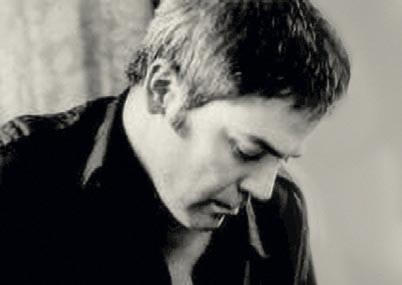
Donogh Hennessy
Donogh was born in Dublin. He started playing guitar at about the age of 14. When he moved to Dingle in west Kerry three years later he started to listen to traditional Irish music. In no time he was hooked and playing sessions seven nights a week and spending his days learning and writing tunes on the tin-whistle. He moved to Galway seven years later where he befriended Sharon Shannon, who asked him to join her band. Their bass player was Trevor Hutchinson with whom Donogh founded the group Lúnasa. He is perhaps best known for his recorded and live work with Lúnasa, Sharon Shannon, Lumiere, Seamus Begley, and Pauline Scanlon.
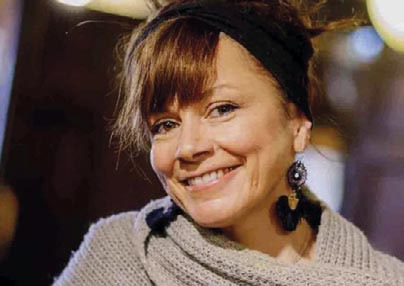
Cathy Jordan
Roscommon born Cathy has been a professional singer with traditional group Dervish for nearly 30 years. She is a self-taught guitar, bouzouki, bodhrán, and bones player. She has led Dervish as front woman through thousands of concerts in hundreds of cities in nearly 40 coun tries and has 16 albums under her belt. Among the most notable performances were The Great Wall of China and Rock in Rio, with over 250,000 people. As a song writer, she has written songs with internationally renowned Brendan Graham (best known for the lyrics of You Raise Me Up). In 2014, she took up the role of presenter of Fleadh TV with TG4. Cathy has been an ambassador for Irish culture and music for over a quarter of a century, and has a deep understanding of traditional Irish songs and singing and has collected hundreds of songs which might otherwise have been forgotten. Over the years Cathy has received many awards for her contribution to traditional Irish music including: BBC Lifetime Achievement Award (2019); Sligo Cultural Ambassador (2018); the Annie McNulty Award (2014); and The Freedom of The City of Sligo (2010).
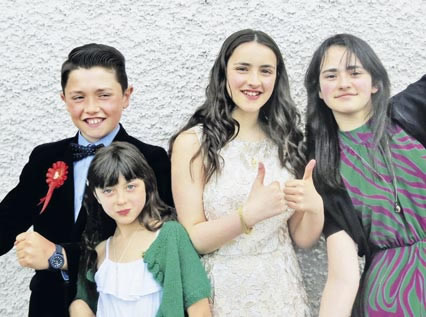
Col Ceathair
Maria Henderson is 14; she sings, and plays piano, harp, and fute. She has won frst prizes at the Arklow Music Festival, Feis Maitiú, and Kilcoole Music Festival. With the Piccolo Lasso choir, she has performed at the National Concert Hall, Westminster Cathedral, London, and San Gaetano, Florence.
Cecilia Henderson is 12. She is a singer, organist, and a sean-nós dancer. She voices Kiva on the popular animated series Kiva Can Do on RTÉjr. She completed Grade VIII Music Theatre and Popular Singing exam last year. She loves to sing all types of music. Recently she won three first prizes for singing at the Dublin Fleadh.
Isabella Henderson is 8; she loves to sing and play the harp and performing with her sisters and favourite cousin, Kevin. Her repertoire includes Irish songs and ballads, and songs from musicals. She was recently awarded first prizes for unaccompanied singing and lilting in Under 12 competitions at the Dublin Fleadh.
Kevin Finnerty Jnr, is 12. He enjoys a wide range of music and has won many frst prizes for singing and poetry recitation at the Feis Ceoil and Kilcoole Music Festival. With the Piccolo Lasso choir, he has performed at the National Concert Hall and in Italy. He plays guitar, harp, and piano, and has appeared on RTÉ’s Late Late Toy Show.
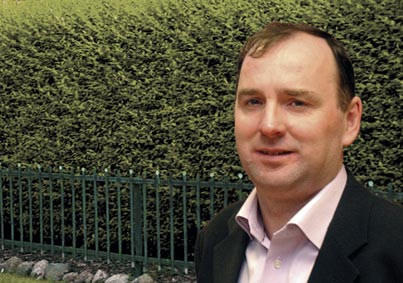
Paul Healy
Paul grew up in Rooskey, Co. Roscommon. Having previously worked for the Longford Leader and Longford News, he spent sixteen years as Editor of the Roscommon Champion, before launching the Roscommon People with his wife, Fiona, in 2007. Paul is Managing Editor of the Roscommon People. For many years he edited the Roscommon Association Yearbook. He is author of fve books to date, on subjects ranging from sport to politics to social history, and also an occasional contributor to Phoenix magazine.
